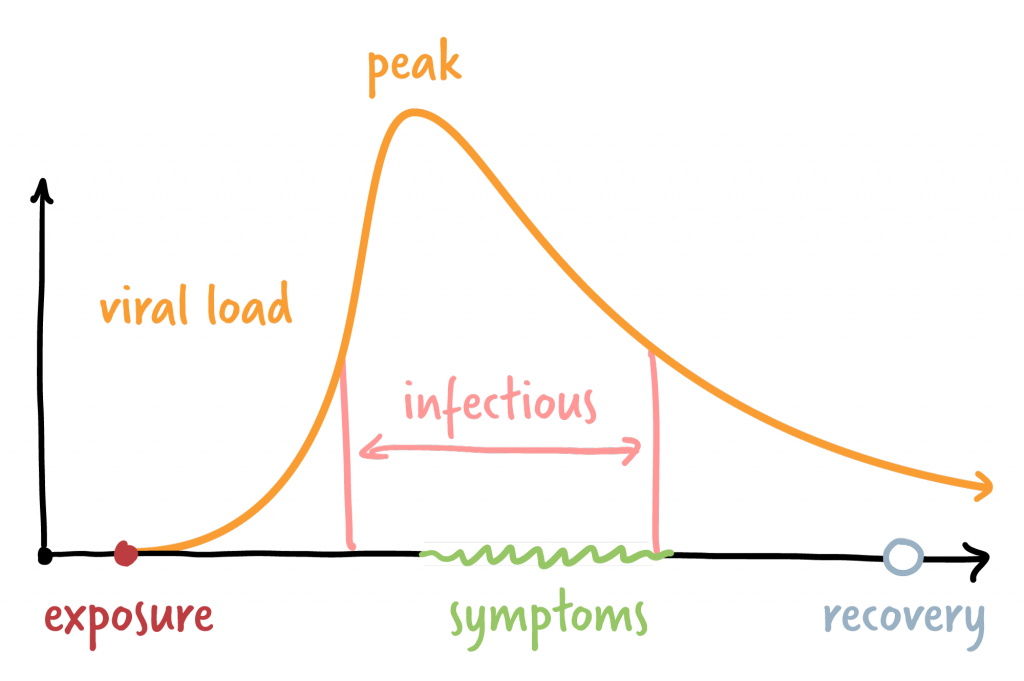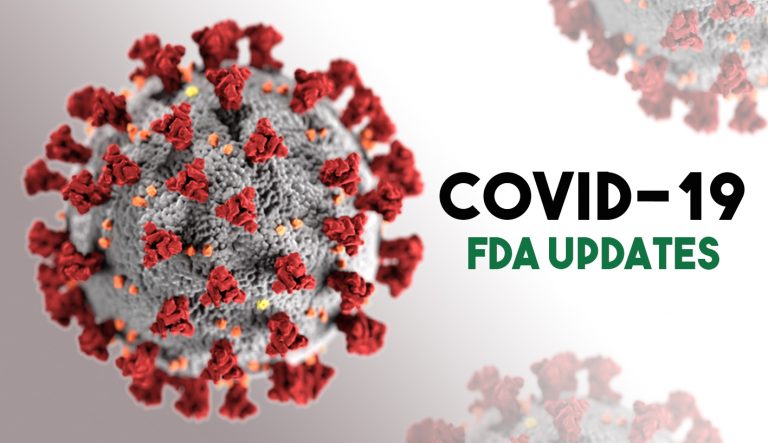How long are You Contagious with covid – Right knowledge regarding any disease is very important to ensure safety against that disease. A similar principle also applies to COVID-19. The Centers for Disease Control and Prevention also suggests everyone stay up to date with every update regarding the virus.
There is no doubt that the United States is under the impact of the 6th wave of COVID-19. The positive cases of the virus are once again rising in the United States. It is very important to learn about everything regarding the virus to ensure your safety along with the safety of your friends and family.
Today, we will discuss one of the most obvious questions to ensure your safety against the virus, which is how long you are contagious with COVID. You might already be aware that you have to get isolated in case you find positive for the virus.
You should keep testing yourself regularly or get vaccinated, but one thing which people are not talking about is what is the timeframe of the virus. You cannot stay in isolation or quarantine for a longer period as you have a family to support. We will also discuss the whole thing regarding you being contagious, etc.
Pre Symptoms
To understand everything regarding how long you are contagious with covid, let’s first discuss everything regarding the pre-symptoms.
Several studies have already concluded that you get contagious from the very first day you get exposed to someone with COVID-19.
There is a probability that you can be a healthy person on the very first day you get exposed to the virus. Studies have already concluded it, and the Centers for Disease Control and Prevention have already issued several statements regarding the same issue.
Let’s take it one step further. There is just something called the Incubation Period. It is a time between you getting exposed to the virus and developing symptoms regarding the same.
It is a very important time for anyone as you get contagious on the first day, and there could be a gap of 14 days till you develop any symptoms regarding the virus.
Several studies regarding a similar topic have already made it clear that, on average, it might take around 5.6 days to develop symptoms from the time you get exposed to the virus.
The lowest time is around two days, and the highest time is around 14 days. There is a probability that due to several reasons, you might develop symptoms as early as two days. There is also a 1% probability that you might develop symptoms even after the 14th day.
Timeline of Symptoms
For example, you get exposed to the virus on the 1st of July 2022, and you start developing symptoms on the 7th of July 2022. Now, the big question is how long you are going to stay like that.
The Centers for Disease Control and prevention, along with several other health organizations, have already made it clear several times that you might stay infected with the virus for 7 to 10 days.
The time of seven to 10 days can change anytime as it depends on the person itself. For example, you are a 30-year-old person who has already received two primary doses and one booster shot of the COVID vaccine. If you do not smoke and perform regular exercise, then there is a probability that you might get healthy in just four to seven days.

On the other hand, your situation cannot be compared with someone in their 60s who has bad habits such as smoking, heavy alcohol consumption, etc. Your immunity against the virus is going to determine how long you are going to experience these symptoms.
Apart from that, people who get severely ill with the virus might also take longer to recover from the symptoms. Those people might also require additional medical attention.
Post-COVID Situation
Even though the Centers for Disease Control and Prevention will suggest you endure isolation or quarantine after ten days of your exposure to COVID-19, there is something called precautionary measures.
Most health experts around the world will suggest you keep following COVID precautions even after ten days of your exposure to COVID-19.
For example, you get exposed to COVID-19 on the 1st of July, and you start developing symptoms on the 6th of July. It could be your incubation period.
From the 6th of July to the 16th of July, you were experiencing COVID-related symptoms, and now you feel better.
In your case, the CDC of the United States will suggest that you go out and have a normal life, but there is a probability that you still might be contagious.
There is no fixed timeline for you not being contagious of COVID-19. Once you have successfully recovered from all of the symptoms related to COVID-19 and have spent more than three days without fever or any symptoms, This is the right time for you to go out and have fun.
Stand of the CDC
Before we wrap our session, let’s take a look at the standoff between the Centers for Disease Control and prevention regarding your being a contagious virus.
The Centers for Disease Control and Prevention suggest everyone to and their isolated or quarantined after ten days of developing symptoms related to COVID-19.
They also have one condition for ending your isolation or quarantine. You must spend at least 24 hours without developing any symptoms such as fever.
They have also suggested you should follow all the precautions related to COVID for at least ten days since you start developing symptoms related to COVID-19.
What is the average timeline of anyone being contagious with COVID-19?
The average timeline of anyone being contagious is going to be different for each person as you might take a little longer time to develop symptoms and a little more time to recover. An average healthy person is going to start developing symptoms related to COVID-19 in 5.6 days, and it can stay in the system for at least 7 to 10 days. After that, you should follow COVID precautions for at least seven days. In total, you might be contagious for at least 20 to 24 days.
